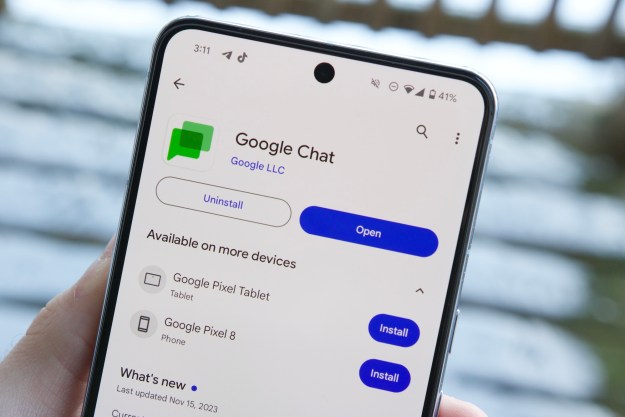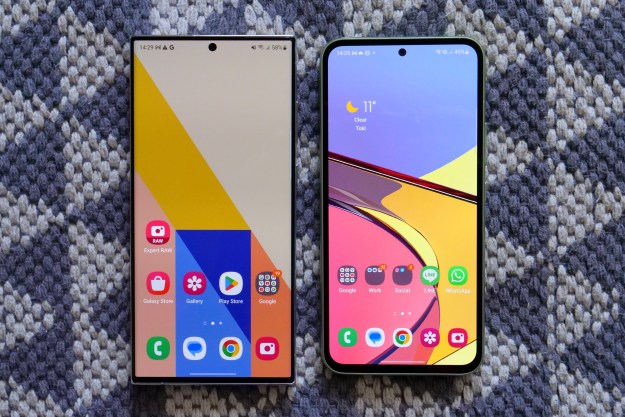
Specifically, the company will take into consideration things like excessive battery usage, slow rendering, and how often the app crashes — all data it collects through crash reports and in app reviews on the Google Play Store. In fact, according to Google’s blog post, around half of the 1-star reviews on Google Play mention app stability in some form or other. And, as a general trend, developers who put their focus on app stability end up seeing an increase in their app ratings on Google Play.
So how will this affect you? Well if you search for an app and there are two that fit your criteria, the more stable app will show up at the top — even if the apps are built to do the same thing. That’s a good thing — the first app may not immediately appear preferable, but in the long run it will use less battery life and crash less.
That doesn’t mean that badly performing apps are doomed — developers can take advantage of Google’s Play Console, which gives them the tools they need to improve the stability of their apps. Using the Play Console, developers can even get a pre-launch report before the app launches to consumers, which will help developers find issues before the app is widely available.
Google has been placing a great deal of emphasis on surfacing only the best apps in Google Play. The company recently launched the “Android Excellence” program, which is aimed at highlighting the best Android apps that meet certain criteria — like great design, optimization across a range of devices, and great performance. The Android Excellence program, however, only really shows apps that Google chooses. The recent tweaks to search in Google Play, on the other hand, will apply to all apps in the Google Play Store.
It will be interesting to see how the changes affect apps across the Google Play Store — and whether these moves will result in better-performing apps in general.
Editors' Recommendations
- Google Messages vs. Samsung Messages: Which app should you use?
- The best iPhone and Android apps for Black History Month 2024
- Arc Search is one of the best iPhone apps I’ve ever used
- The best Mint alternatives: 10 great budgeting apps for 2024
- Google is paying a $700 million fine, and you’re getting some of it


